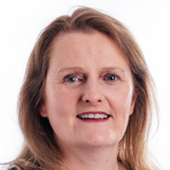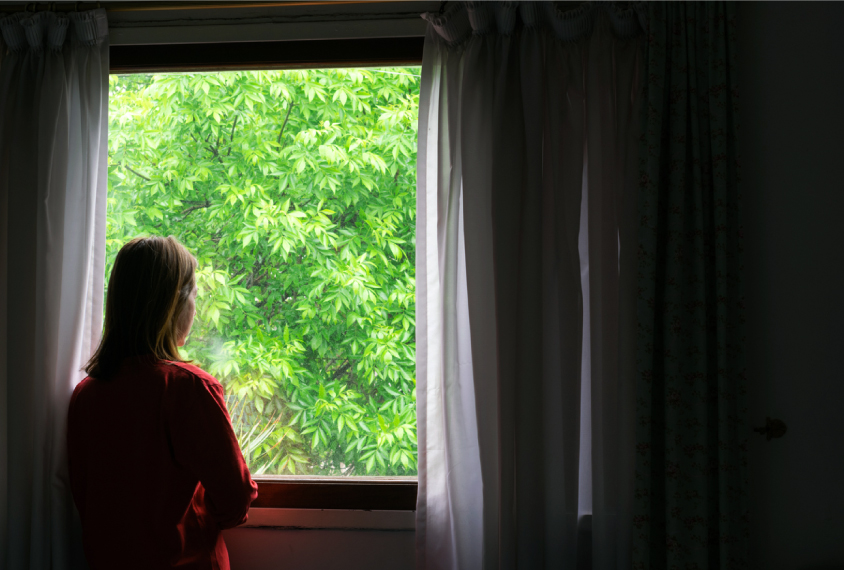Mary Doherty is an autistic consultant anesthesiologist based in Ireland, an honorary clinical research fellow at Brighton & Sussex Medical School in the United Kingdom, and a Ph.D. student at London South Bank University. She is also the mother of two neurodivergent young people.
Doherty is founder of Autistic Doctors International and Autistic Med Students, both dedicated to peer support, advocacy, research and training. She has been involved with biomedical autism research for several years, as a member of the AIMS-2-Trials Autism Representatives Steering Committee and more recently the Participatory Research Advisory Committee for the RESPECT 4 Neurodevelopment Network.
Her research interests include health care for autistic adults and the experiences of autistic medical students and doctors. Her doctoral research focuses on the experiences and perspectives of autistic psychiatrists.




